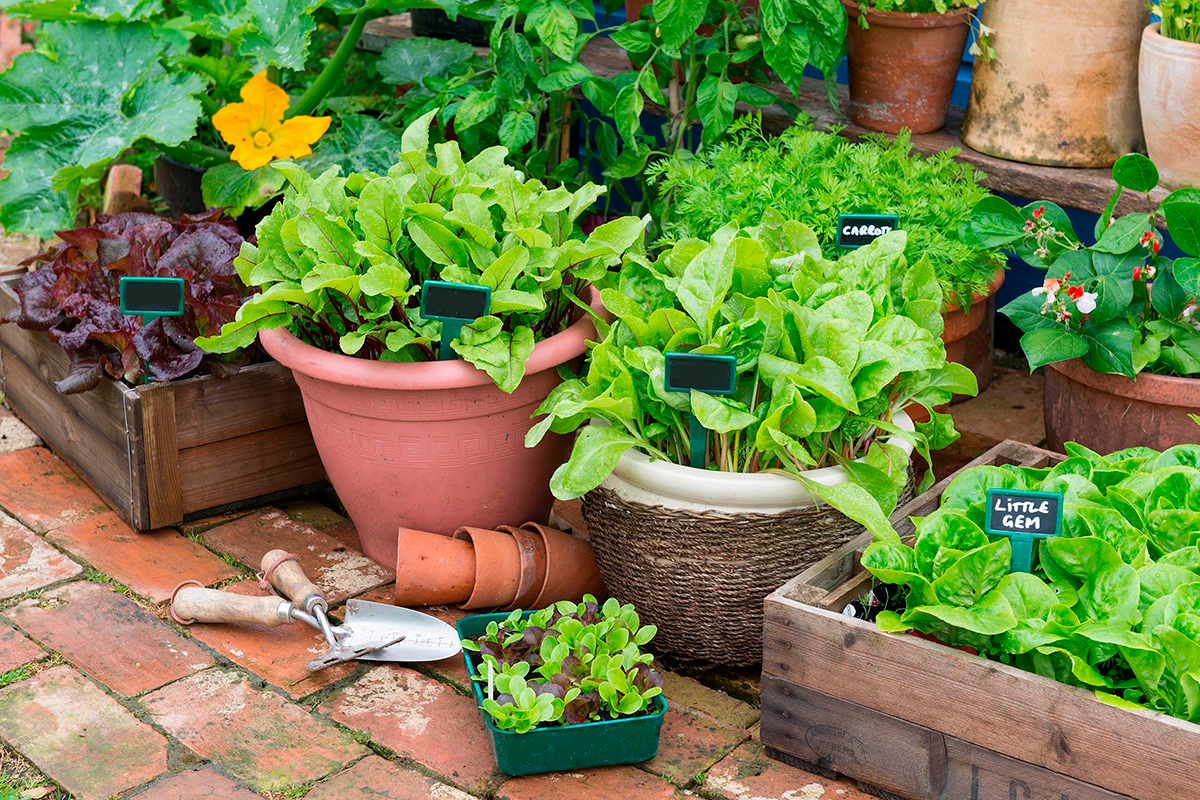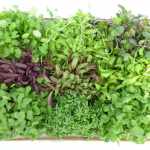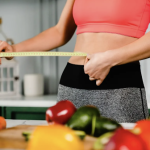Vegetable gardening can be a rewarding venture since your product can go straight from the garden onto your dinner table. If you want to start your garden or are already into it, you might want to check out better ways of going about your gardening business. For instance, is it better to grow vegetable seeds outdoors or indoors? Or is it better to start them indoors and take them outside? In this article, we look at the advantages and disadvantages of growing vegetable seeds indoors vs. outdoors.
Benefits of Growing Seeds Indoors
There are several advantages to growing vegetable seeds indoors instead of outside. Most gardeners plant the bulk of their seeds indoors, especially those with short growing seasons. Below is a list of some of the advantages of growing vegetable seeds indoors.
Get a Jump Start on the Season
When you grow or start your seeds indoors, you can effectively extend your growing season by giving your plants a head start. When it’s either too cold or dark to plant seeds outside, raising them indoors can provide them extra months to begin maturing.
This is a significant advantage for people who live in areas where there is a short growing season. By the time the growing season arrives, you will already have big, strong, and healthy seedlings ready to go in the ground.
Protection from Pests & Harsh Weather
Seedlings and baby sprouts are very vulnerable to damage from pest attacks, frost, and other external elements. It’s possible to have a garden bed full of healthy sprouts just cleared by birds and locusts in a single day. When you start your vegetable seeds indoors, they will be protected from pests and harsh weather during their most vulnerable stages.
If you go ahead and plant seeds outside, you need to be ready to protect them as soon as they sprout. The same goes for indoor seeds when you finally take them outside. To protect seeds from birds, you can use hoops and row covers. They are quite effective when it comes to keeping birds and insects away from your young plants.
Maximize Production
Another benefit of starting your vegetable seeds indoors is that you give more time to plants that will still be growing outdoors. This means there can be an overlap in your planting and harvest times.
For instance, say you intend to grow a fall garden. Fall garden seeds are usually grown during summer. The problem is that at this time, you will still be having healthy summer crops in the garden.
Starting the seeds indoors will allow the other plants to continue growing for about a month or two while the fall seeds grow inside.
Easier to Control Conditions Indoors
Planting seeds indoors allows you to provide your seeds with an ideal controlled climate. Indoor temperatures are a lot more steady than outside. Other than that, there are many other tools you can use to achieve ideal conditions for your seeds. These include seedling heat mats, humidity domes, and grow lights. This way, you will achieve faster germination and accelerated growth rates than outside.
Cons of Growing Seeds Indoors
The main disadvantages of growing seeds indoors are to do with the cost of equipment and supplies needed. You will need to set up a germinating station, so there’s a significant initial investment there. Another disadvantage is that the seeds will need a hardening off period when you take them outside.
Advantages of Growing Vegetable Seeds Outdoors
While there are clear advantages to growing seeds indoors, sowing them outdoors can also have some benefits. Read on to find out.
Requires Fewer Supplies
This is probably the most notable advantage of growing seeds outdoors. You will need a lot less equipment and supplies when you are planting seeds outside.
No Need to Harden the Seeds Off
Since the seeds are already accustomed to outdoor conditions, you will not require a hardening period. The growth process is just continuous from sprouts straight to seedlings and grown plants.
You Might Not Even Need to Transplant
Last but not least, there are several varieties of vegetables that you may not have to transplant at all. In that case, sowing seeds straight into the garden would be the obvious choice. Below is a list of vegetables that you might always plant directly outside:
Carrots
Garlic
Parsnips
Potatoes
Radishes
Rutabaga
Turnips
Turmeric
Notice a pattern? Most root vegetables and rhizomes will not do too well if they are transplanted. If you transplant them, you might end up with stunting issues or even seedling death.
Cons of Growing Seeds Outdoors
There are several disadvantages to growing seeds outdoors. However, the main ones are to do with pests and harsh weather conditions. Small plants can be bait for snails and birds, and they can also be easily damaged by frost or too much heat.
Also, when you grow seeds outdoors, the cool soil or inconsistent water might cause spotty or slow germination. This is especially true in winter, where you have cold temperatures and limited daylight hours. These conditions will also cause seeds to grow less vigorously.








